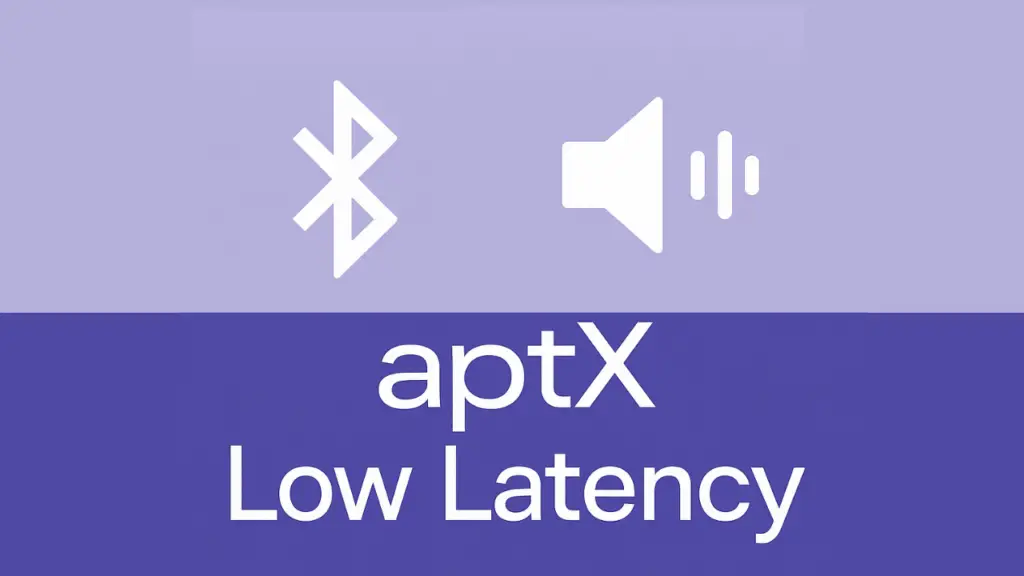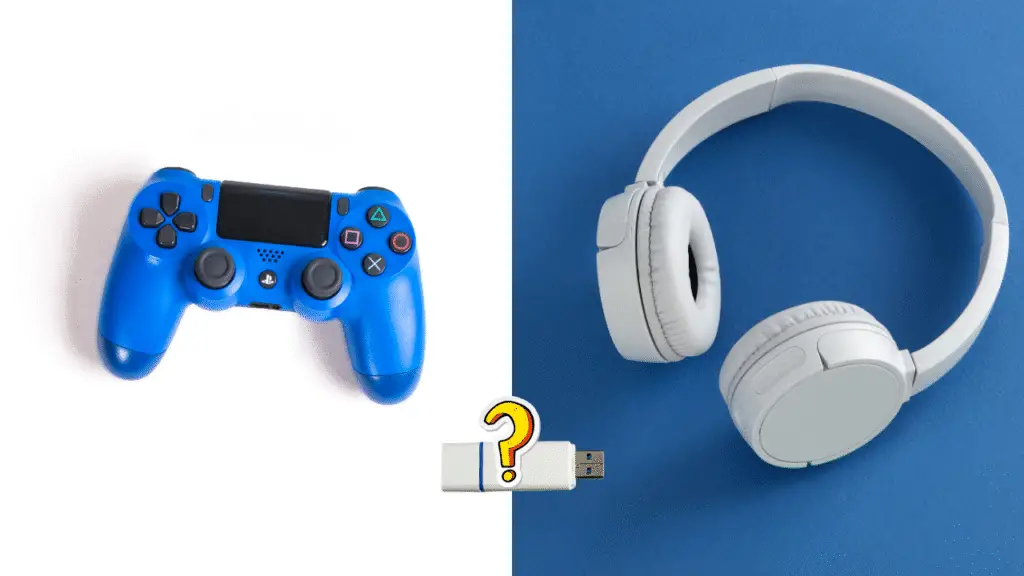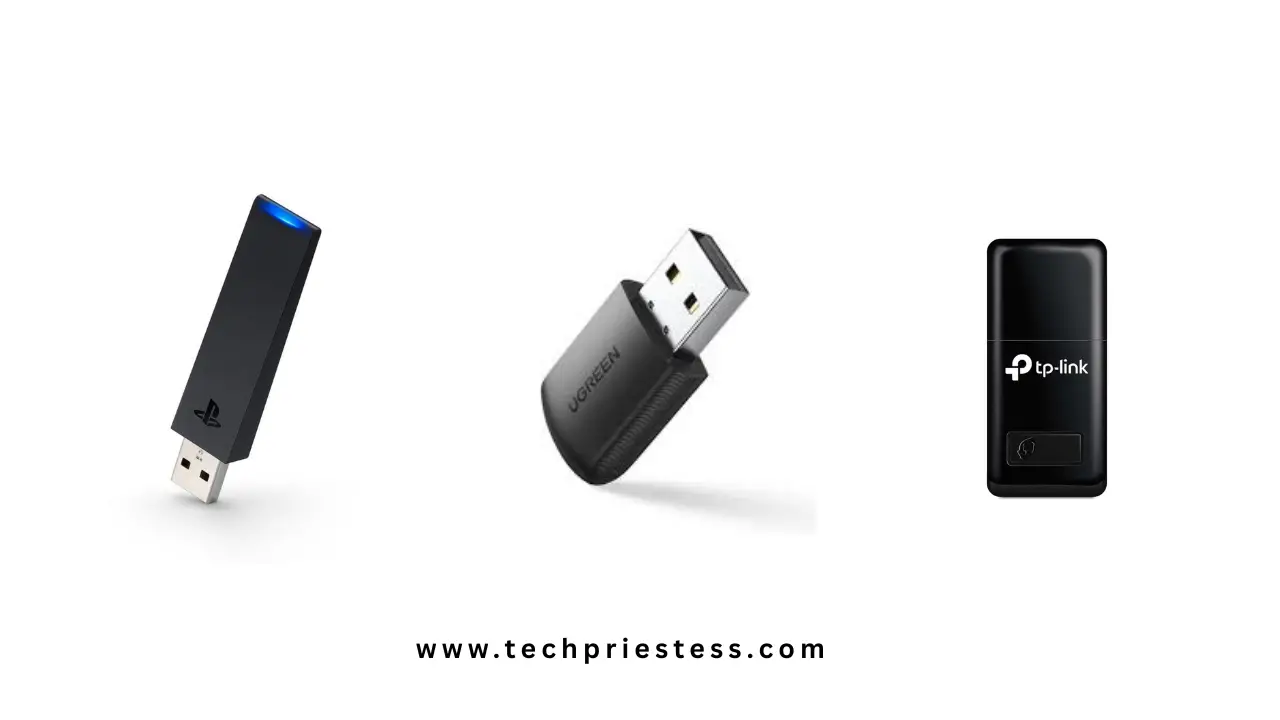Struggling to pick a Bluetooth dongle for gaming? Learn what really matters—aptX, mic & controller support, Mac/Windows compatibility, and more.
If you’re a gamer tired of annoying audio lag and messy wires, choosing the right Bluetooth dongle can totally change your experience. Wireless gaming sounds great—but only when your connection is fast, stable, and lag-free. This guide breaks down exactly what to look for in 2025, so you get the best performance without the confusion.
Bluetooth Version to Pick for PC Gaming
| Bluetooth Version | Speed & Range | Stability & Interference | Gaming Suitability | Recommendation |
|---|---|---|---|---|
| 4.0 / 4.1 | Slow, short range | High interference, unstable | Causes high audio lag | Avoid for gaming |
| 5.0 | Fast, good range | Stable, decent interference | Good baseline for gaming | Recommended if on budget |
| 5.3 | Fastest, best range | Very stable, low interference | Best for gaming and future-proofing | Best choice overall |
What does this mean for gamers?
- Bluetooth 4.0 and 4.1: Old tech, causes lag and poor compatibility — stay away!
- Bluetooth 5.0: Great speed and range, works well for most gaming setups.
- Bluetooth 5.3: Top-tier stability and minimal interference, perfect for lag-free wireless gaming now and in the future.
What is the best Bluetooth version for PC gaming?
The best Bluetooth dongles for gaming use Bluetooth version 5.0 or higher, with Bluetooth 5.3 being the top choice if you want the latest and most reliable tech.
- Bluetooth 5.0 offers good speed and range, making it a solid baseline for gaming.
- Bluetooth 5.3 improves on that by offering better connection stability and reduced interference, which means fewer audio dropouts and better overall performance.
Important tip: Avoid buying dongles with Bluetooth 4.0 or 4.1. These older versions cause higher latency and poor compatibility, which can seriously mess up your gaming experience with noticeable audio delays.
aptX Low Latency and why does it matter for gaming?

One of the biggest reasons gamers choose a Bluetooth dongle is to avoid audio lag. This is where aptX Low Latency (LL) comes in.
aptX LL is a special Bluetooth audio codec designed to reduce the delay between the game’s sound and what you hear to under 40 milliseconds. That’s fast enough to keep audio perfectly synced with on-screen action — crucial for things like gunshots, footsteps, and voice chat.
Without aptX LL, Bluetooth audio latency can range from 100 to 250 milliseconds, causing a frustrating lag where sounds don’t match what’s happening in the game.
Keep in mind: Both your Bluetooth dongle and your wireless headset or headphones need to support aptX Low Latency. If one doesn’t, you won’t get the benefits.
Pro tip: Always double-check the specifications of both your dongle and headset to confirm they support aptX LL before buying.
Check if the Bluetooth dongles work with your OS (Windows/Mac/Linux)
Before buying a Bluetooth dongle, it’s important to make sure it works smoothly with your computer’s operating system. Different dongles use different chipsets, and those affect how easy the installation will be.
| Chipset | OS Compatibility | Installation Type | Notes |
|---|---|---|---|
| Realtek | Windows / Mac / Linux | Usually automatic (Plug-and-Play) | Easy setup, most common for gaming dongles |
| Intel | Windows / Mac / Linux | Automatic driver install | Reliable and stable connection |
| Qualcomm | Windows / Mac / Linux | May require manual driver install | Sometimes needs extra steps |
Also read: Best Bluetooth Dongle for PC Gaming to buy in 2025 (Budget friendly)
What to look for when buying
- Look for the “Windows 11 Compatible” label if you use the latest Windows.
- Listings that say “No driver needed” or “Plug-and-Play” are easiest — just plug in and play without fuss.
- If your dongle has a Qualcomm chipset, be prepared to download drivers manually from the manufacturer’s site.
Does USB 3.0 matter for Bluetooth dongles?
In short, USB 3.0 is not necessary for Bluetooth dongles. Bluetooth devices use very little bandwidth, so USB 2.0 ports are perfectly capable of handling the connection.
USB 3.0 dongles are backward compatible and will work fine, but don’t expect any gaming performance boost just because the dongle uses USB 3.0.
Do all Bluetooth dongles support controllers and headsets?
No, support depends on the Bluetooth profiles and specific compatibility of the dongle.

| Device | Required Bluetooth Support |
|---|---|
| Headset | A2DP profile + aptX Low Latency for best audio sync |
| Controller | HID profile + specific Xbox or PS5 controller support |
| Steam Deck | Linux compatibility + Bluetooth Low Energy profile |
| MacBook | macOS driver support and compatibility |
Tip: Most budget Bluetooth dongles don’t support PS5 controllers or MacBooks out of the box. Good options that do include the ASUS USB-BT500 and Avantree DG80. For budget-friendly choices, consider the TP-Link UB400, though it might have limited controller support.
Why Technical Specs Matter for Bluetooth Dongles in Gaming
Choosing the right Bluetooth dongle isn’t just about wireless freedom — it’s about performance. Here’s a quick look at the main technical specs that affect your gaming experience
| Spec | What It Means for Gaming | Why It Matters |
|---|---|---|
| Bluetooth Version | Newer versions (5.0+) offer better speed, range, and stability | Ensures smooth connection and less lag |
| Bluetooth Profiles | Support for A2DP (audio), HID (controllers), and Low Energy profiles | Compatibility with headsets and controllers |
| Latency & Codecs | aptX Low Latency codec cuts audio delay to <40ms | Keeps sound synced with game action |
| Chipset Quality | Brands like Qualcomm, Intel, Realtek offer better driver and signal handling | Reduces dropouts and improves compatibility |
| Power Efficiency | Bluetooth 5.x uses less power and runs cooler | Allows longer gaming sessions without issues |
| Range & Interference | Longer range and interference resistance reduce connection drops | Stable gameplay even with other wireless devices nearby |
Understanding these specs helps you pick a dongle that delivers fast, clear, and lag-free wireless gaming, exactly what every serious gamer needs.
Key Technical Factors to Know Before Buying a Bluetooth Dongle for Gaming (2025)
A quick look at important specs — this comparison can save you from future regrets.
| Feature | Available Options | Best Choice for Gaming |
|---|---|---|
| Bluetooth Version | 4.0, 5.0, 5.1, 5.2, 5.3 | Bluetooth 5.0 or above (preferably 5.3) for lower latency, higher stability |
| Latency Codec Support | SBC, AAC, aptX, aptX HD, aptX LL | Go for aptX Low Latency (<40 ms) — ideal for sound sync during fast-paced games |
| OS Compatibility | Windows, macOS, Linux, Steam Deck | Windows 10/11 for best plug-and-play support. Use Realtek/Intel chipsets when unsure |
| USB Port Type | USB 2.0, USB 3.0 | USB 2.0 is enough. USB 3.0 adds no performance benefit for Bluetooth |
| Controller Support | Xbox, PS5, Switch Pro | Look for HID profile + console mentions (e.g., “supports PS5”) |
| Multi-Device Support | Single, Dual Pairing | Dual pairing is helpful for using headset + controller together |
| Form Factor | Nano (compact), Full-size USB | Prefer nano dongles — cleaner, safer, easy to leave plugged in |
Additional Tips & Buyer Checks
1. Mic Support for Multiplayer
Not all dongles transmit mic audio.
If you’re using a wireless headset for gaming chat, check for:
- HFP (Hands-Free Profile)
- Dual-mode Bluetooth
These allow both audio output and input over Bluetooth.
2. macOS & Linux Caveats
- macOS: Limited codec support (no aptX LL by default)
- Linux: May require manual configuration.
Use Reddit forums or go for dongles known to work with Steam Deck or Ubuntu.
Final Buying Tips at a glance
- Choose Bluetooth 5.0 or higher, preferably 5.3, for better speed and stable connection.
- Ensure both dongle and headset support aptX Low Latency to minimize audio lag.
- Look for “Windows 11 Compatible” and plug-and-play labels for hassle-free setup.
- Don’t worry about USB 3.0 — USB 2.0 is enough for Bluetooth dongles.
- Check compatibility if you plan to use PS5 controllers or MacBooks; consider dongles like ASUS USB-BT500 or Avantree DG80.
- Avoid older Bluetooth versions (4.0/4.1) to prevent lag and compatibility issues.
- Read user reviews to confirm real-world performance matches your setup needs.
Ready to enjoy smooth, lag-free wireless gaming? Pick the right Bluetooth dongle using this guide and level up your PC gaming experience in 2025!
FAQs
Q: Will Bluetooth 5.3 improve audio quality?
A: Bluetooth 5.3 mainly improves connection stability and reduces interference. The actual audio quality depends more on your headset and audio codecs rather than Bluetooth version alone.
Q: Can I connect my headset and controller to one dongle?
A: It depends on the dongle’s supported profiles and devices. Sometimes it works, but often it’s better to have separate dongles to avoid connection issues.
Q: Why does my Bluetooth headset lag in games?
A: Lag usually happens when either your dongle or headset doesn’t support aptX Low Latency or if the Bluetooth version is too old.
Q: Do I need a dongle for desktops without Bluetooth?
A: Yes, if your desktop doesn’t have built-in Bluetooth, a dongle is necessary to connect wireless controllers or headsets.
Disclaimer: We’ve shared this info based on tests and trusted sources, but product details may change—please double-check before buying. We don’t use affiliate links for now, but may include them in the future.

